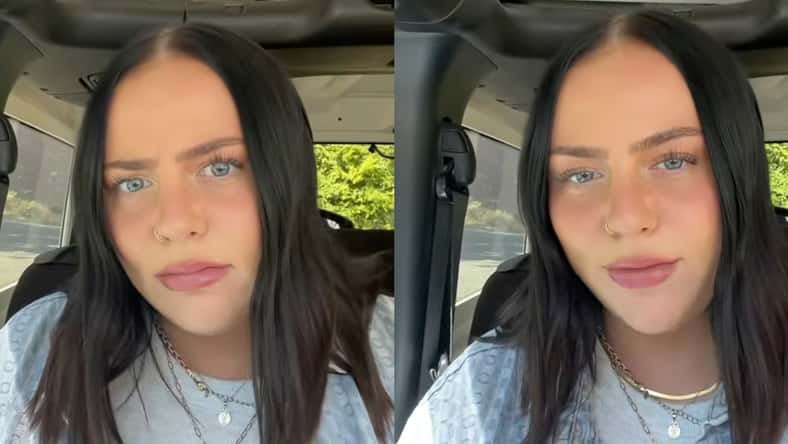
According to Airfinity– a predictive health analytics agency based in London– over two hundred and forty million COVID-19 vaccine doses have passed their expiration date since the start of the inoculation campaign. Moreover, one hundred million more are set to expire by the end of 2022.
The preservation of these expensive and life-saving vaccines is crucial to maintaining public health and access.
But, keeping them viable is an extremely difficult task.
Many vaccines require specific temperature regulations, which can be hard to come by in developing regions where transport infrastructure is limited, and there is unreliable electricity.
So, researchers from ETH Zurich partnered with Nanoly Bioscience based in Colorado in hopes of curbing this vaccine expiration crisis.
Their goal is to reduce the cost of temperature regulation and improve the distribution of usable vaccines before they reach their expiration date.
Bruno Marco-Dufort, a researcher at EHT Zurich, described how accomplishing this feat will require scientists to work around mother nature.
“Think of it like an egg. At room temperature or in the refrigerator, the egg maintains its viscous-like protein structure. But, once it hits boiling water, its structure changes permanently,” Marco-Dufort said.
And, just like eggs, vaccines’ denaturation is irreversible.

Sign up for Chip Chick’s newsletter and get stories like this delivered to your inbox.
In turn, the researchers focused on developing a new temperature-regulating hydrogel– which consists of a synthetic polymer known as PEG.
PEG is a “cloaking device” of sorts that can encapsulate the proteins inside vaccines, much like Tupperware.
This allows for a greater temperature tolerance range of eight degrees Celcius rather than the previous two degrees– consequently extending the shelf-life of vaccines housed or transported in inadequate conditions.
Plus, once the vaccines are ready to be used, simply adding a sugar solution will release the hydrogel.
This emerging technology will not only help wealthy countries cut down on stock vaccine waste but may also greatly aid developing countries that continue to report low vaccination rates– including Algeria, Mali, Chad, Sudan, and more, according to the Council on Foreign Relations.
Additionally, this shelf-life-extending protocol may be viable for other traditionally routine vaccinations, including meningitis, chicken pox, shingles, and more.
To review the study’s complete findings published in Science Advances, visit the link here.
If true crime defines your free time, this is for you: join Chip Chick’s True Crime Tribe.
Margot Robbie’s Salary For The New Barbie Film Just Made Her The Highest-Paid Actress In Hollywood












